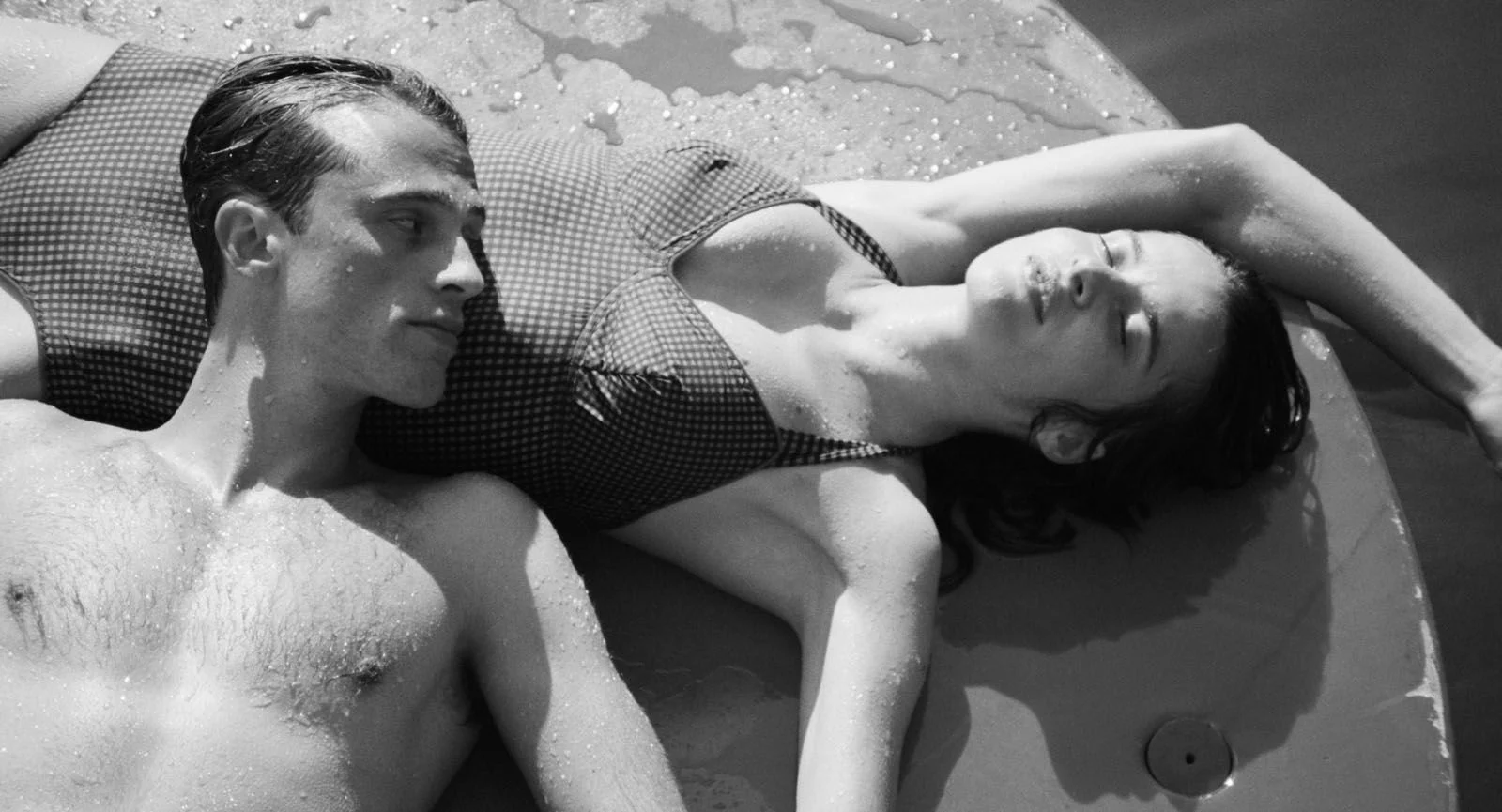“Maman died today”, reads the first sentence of Albert Camus’ magnus opus, L’Étranger, published in 1942. Apathetic and mechanical, it is a sentence that carries a lot for the reader, but very little for its protagonist – indeed, the second sentence is simply “or yesterday maybe, I don’t know”. Now one of the most famous incipits of French literature, it is somewhat strange that Francois Ozon’s film should choose to start elsewhere – even stranger is the fact that it is perhaps the only sequence to deviate from the source material, a pity for an adaptation that has such opportunity to enhance and develop a concept as important and as topical as the absurdity of life.
Strictly speaking, there is nothing wrong at all with Ozon’s latest. Fans of his work will be happy to see Summer of 85 heartthrob Benjamin Voisin turned epitome of ennui as protagonist Meursault, a Frenchman living in French Algeria circa 1940. An office worker, he is indifferent to everyone and everything, emotionless even when he receives a telegraph from a nursing home that his mother has passed away. The day after the funeral, during which he does not shed a tear, Meursault runs into old friend Marie (Rebecca Marder) at the baths, and begins a relationship with her. On a day out at the beach with her and his next door neighbour Raymond (Pierre Lottin), the latter’s brawls with a group of Arabic men push Meursault to commit a crime under the oppressive sun of Algers.
Shot in black and white with crisp cinematography from Manuel Dacosse, Voisin and Marder are gorgeous to behold onscreen, billowing shirts and patterned summer dresses in the cool shadows of the cinema and the sultry coarseness of the beach. Supporting appearances from Denis Lavant as Meursault’s upstairs neighbour who laments the disappearance of the dog he spent his days mistreating, and Swann Arlaud as the Priest who attempts to help Meursault see God are excellent, impeccable. Certain mannerisms, interlocutions are bizarrely performative, as though Ozon is whispering to his actors in an earpiece – “now, open the letter, look emotionless”. Strangely though, it is oddly effective, in a fictional world that wishes only to highlight the nonsensicality of life.
Quite frankly, the totality of it is faultless. No one or nothing sets a foot out of line – an adaptation has never been more true. Yet, here lies its undoing: besides this first scene, there is little to nothing that sets it apart from the book. An adaptation like this may have done well in the years following the book’s release for those who wished to see it brought to life visually. In today’s flurry of novelty, an adaptation that does not seek to assign a contemporary musing or alternative, polemical genre might even be seen as refreshing, a cry back to a source that continues to be relevant today (and forever). Camus would likely have been satisfied with this adaptation – but he might have also questioned its absurdity.





